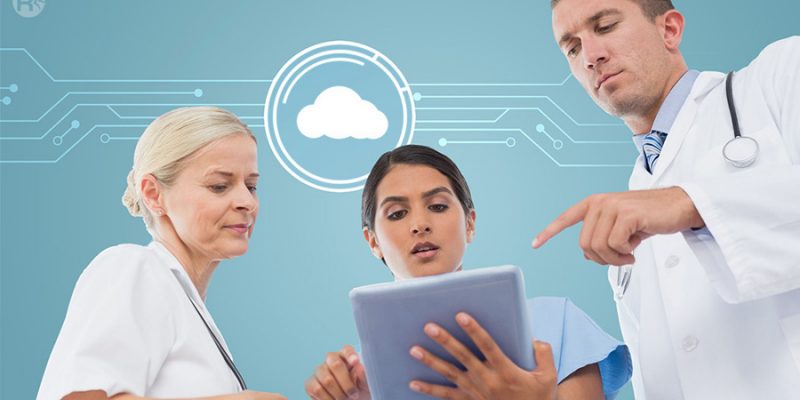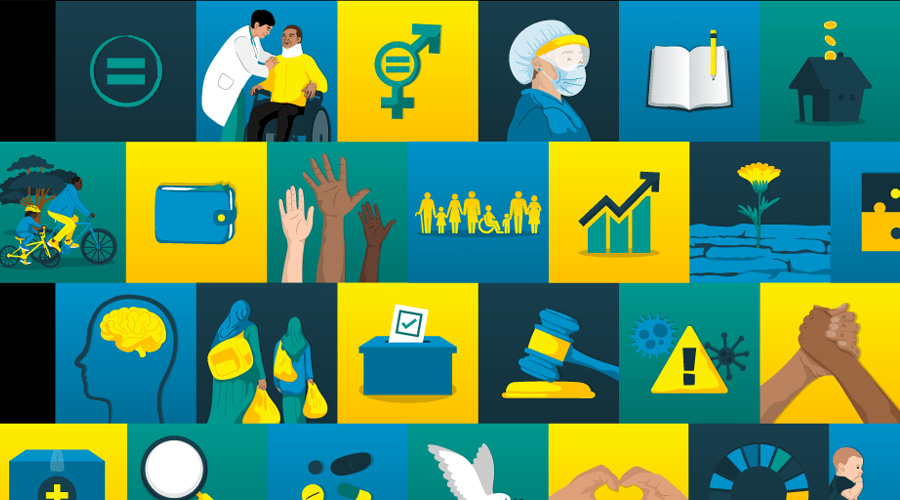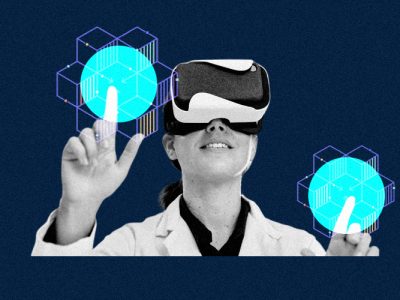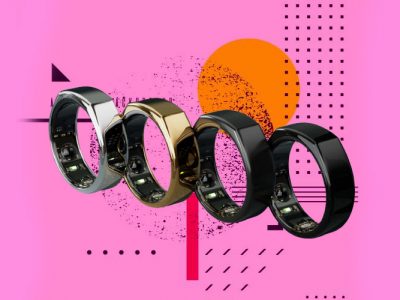
How is Mobile Marketing Cloud Improving Healthcare Experience by personalized services and relationships with patients?
The COVID-19 pandemic exposed healthcare gaps globally, and India was no exception. And it was here that technology emerged as a vital participant in addressing the crisis, as a slew of new-age businesses established their tech-backed solutions to alleviate the pressure felt across India’s healthcare institutions – from data management to remote patient communication. Mobile Marketing Cloud in Healthcare is an omnichannel digital marketing approach that benefits the organization by communicating with customers via websites, applications, and mobile devices such as smartphones and tablets.
What is Mobile Marketing Cloud or MMC?
Mobile marketing is a multi-channel digital marketing approach aiming at reaching a target audience via websites, email, SMS and MMS, social media, and apps on their smartphones, tablets, and/or other mobile devices. Customers have begun to transfer their attention (and expenditures) to mobile in recent years. As a result, marketers are following suit in order to achieve real multichannel engagement. Marketing is becoming more fragmented as technology becomes more fragmented. Content must also be strategic and highly tailored in order to gain and maintain the attention of potential buyers. Mobile Marketing Cloud helps businesses to build superior experiences that improve engagement and conversions by being the only omnichannel customer interaction solution that incorporates all mobile messaging channels.
MMC overcoming obstacles to achieve success
One of the most difficult difficulties in healthcare is making data usable and accessible, and even businesses faced issues such as a lack of trust, the inability to categorize target audiences and track patient requests, and more. The difficulties to establish contact with patients over the internet were also brought up during the tough time of the Pandemic.
Most countries have begun to use digital media to communicate with patients.
According to a research in 2020, 90 percent of health executives feel that in order to compete in a post-digital environment, businesses must treat customers as partners. Hospitals began exploring ways to keep in touch with their patients in order to provide them with real-time medical assistance and ensure that the care they provide is individualized.
Amphia Hospital in the Netherlands decided to use CM.com’s Mobile Marketing Cloud after noticing this gap in their patient management (MMC). MMC is the first omnichannel customer interaction solution that supports SMS and WhatsApp as well as other mobile messaging channels. This enables businesses to develop exceptional customer experiences that boost engagement and conversions. In the healthcare industry, the usage of SMS has been found to reduce so-called “no show” patients from 15% to only 5%, and this is a wonderful tool for hospitals and other healthcare facilities to bridge the gap. Following that, Amphia implemented RCS (Rich Communication Service), the next step in direct text messaging. This SMS’s replacement allows for safe, direct, high-quality, and efficient patient engagement.
MMC Boosting experiences Healthcare through personalized services and relationships with patients
MMC benefits healthcare organizations by assisting them in communicating with customers via mobile devices such as smartphones and tablets, allowing them to reach them through their preferred channels. It enables organizations to manage personal conversations at scale, extract client information via their customer data platform, provide customized solutions via data events and real-time Smart Segments, create omnichannel marketing campaigns, and automate customer journeys. As more and more services are delivered via mobile devices, remote caring is becoming one of the primary foundations of the healthcare business.
As a result of the pandemic, the government is considering investing in a proper framework to stimulate the use of digital technology. Such efforts will help to improve service quality, develop a central database of health records, and increase the number of individuals who have access to healthcare. The digital healthcare IT environment has expanded significantly in recent years, from call center solutions to patient apps, payment gateways, WhatsApp integration, online reports, and analytical tools.
Hospitals may use MMC to develop customer experiences for every circumstance and automatically reach out to customers. The technology allows hospitals to create an end-to-end journey for patients, starting with advertising campaigns that send out personalized messages. MMC guarantees that booking confirmations are sent out as soon as a patient displays interest, all while keeping the patient engaged. Appointment reminders also serve as a reminder to consumers to complete the booking procedure.
After the appointment, hospitals can send a post-diagnosis report to patients, allowing them to easily maintain track of their medical history. Lab reports can also be supplied via the patient’s preferred web channel to provide a seamless experience. Organizations can also keep track of every patient encounter in order to figure out the most effective approach to communicate with them.
MMC allows healthcare providers to send out feedback forms at the end of the patient journey, ensuring that hospitals provide better service. Payment Gateways Integration is another feature of the technology, which allows clients to get payment status or reminder notifications.
These services not only assist hospitals in overcoming obstacles, but they also provide clients with what they require: individualized services and a relationship.
More options and better interaction with their healthcare professionals are crucial to today’s patients. The need for data-driven, personalized services is urgent. And what’s the best approach to go about doing it? Through the phone of a patient.



















